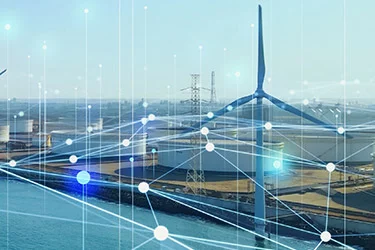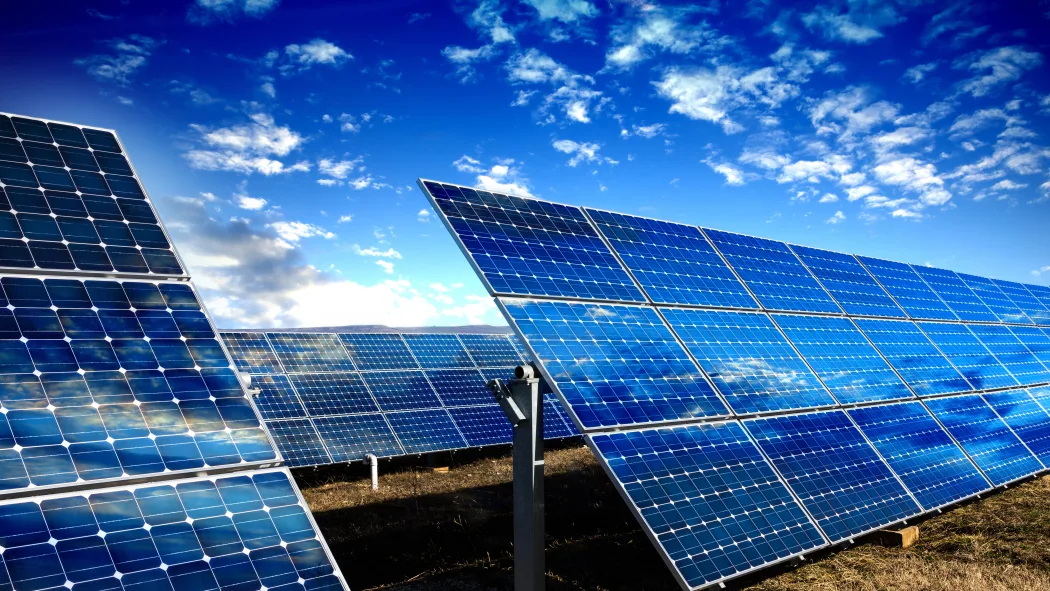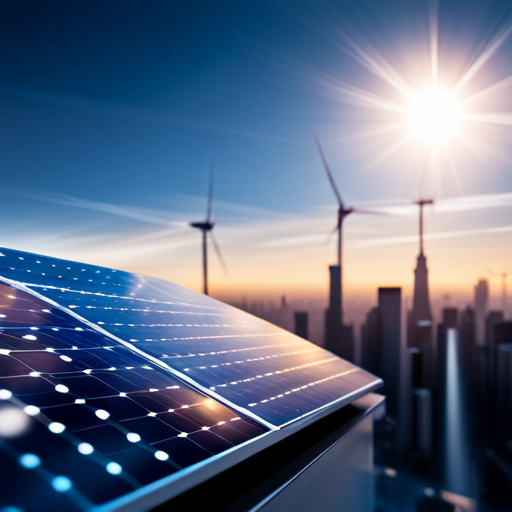
Introduction
Solar energy and IoT applications have become crucial in the world of power generation and management. This article explores the historical background, key concepts and definitions, main discussion points, case studies, current trends, challenges, future outlook, and the potential of solar energy and IoT applications.
Historical Background
Solar energy has a long history and has been used in various applications throughout the years. From ancient civilizations harnessing the power of the sun to modern-day solar panels, solar energy has evolved significantly. Similarly, the emergence and evolution of IoT have revolutionized industries by connecting devices and enabling data-driven decision-making.
Key Concepts and Definitions
Solar energy refers to the conversion of sunlight into usable energy, with solar thermal and photovoltaic being the two main forms. IoT, on the other hand, involves the interconnectivity of devices and the ability to collect and analyze data in real-time. The intersection of solar energy and IoT presents immense possibilities for optimizing energy systems and improving efficiency.

Main Discussion Points
IoT-enabled smart solar panels
The integration of IoT technology with solar panels allows for advanced monitoring and optimization of their performance. Through sensors and connectivity, real-time data collection and analysis become possible, enabling proactive maintenance and enhanced efficiency in solar energy systems.
IoT-based energy management systems
IoT can play a crucial role in monitoring and managing energy consumption in homes and buildings. By collecting and analyzing energy usage data, IoT enables optimization, waste reduction, and cost savings in energy management.
IoT-enabled solar grid integration
IoT technology can facilitate the integration of solar energy into existing power grids. By enabling real-time monitoring and control, IoT can improve grid stability, reliability, and efficiency, thereby enhancing the overall performance of the energy system.
Case Studies or Examples
IoT-enabled solar panels used in a residential setting
In a residential setting, IoT-enabled solar panels have been deployed to monitor energy production and consumption. The data collected helps homeowners optimize their energy usage, maximize self-consumption, and reduce reliance on the grid.
IoT-based energy management system implemented in a commercial building
A commercial building implemented an IoT-based energy management system to monitor and control energy consumption. Through real-time data analysis, the system identified energy-saving opportunities, resulting in reduced costs and improved sustainability.

Current Trends or Developments
Recent trends include advancements in IoT technology and its integration with solar energy systems. More sophisticated sensors and analytics tools are being developed, allowing for better monitoring, optimization, and overall efficiency. IoT-based energy management solutions are also gaining traction, with increased adoption in various sectors.
Challenges or Controversies
Data security and privacy concerns are prominent in IoT-enabled solar systems. With the large amounts of data being collected, ensuring secure storage and transmission becomes vital. Additionally, the widespread adoption of IoT technology in the solar energy industry faces barriers such as high initial costs and a lack of standardized protocols.
Future Outlook
The future of solar energy and IoT applications looks promising. Further advancements in IoT technology will enhance its integration with solar energy systems, leading to increased efficiency and sustainability. The potential for IoT in the solar energy industry extends to predictive maintenance, energy trading, and smart grid optimization.

Conclusion
Solar energy and IoT have the potential to revolutionize the power industry. Through IoT-enabled smart solar panels, energy management systems, and grid integration, solar energy can be optimized for efficiency and cost-effectiveness. Addressing challenges and embracing future developments will pave the way for a sustainable and interconnected energy future.
References
For further reading or research on solar energy and IoT applications, consider exploring sources such as industry publications, academic journals, and reports from reputable organizations like the International Energy Agency and the Solar Energy Industries Association.




